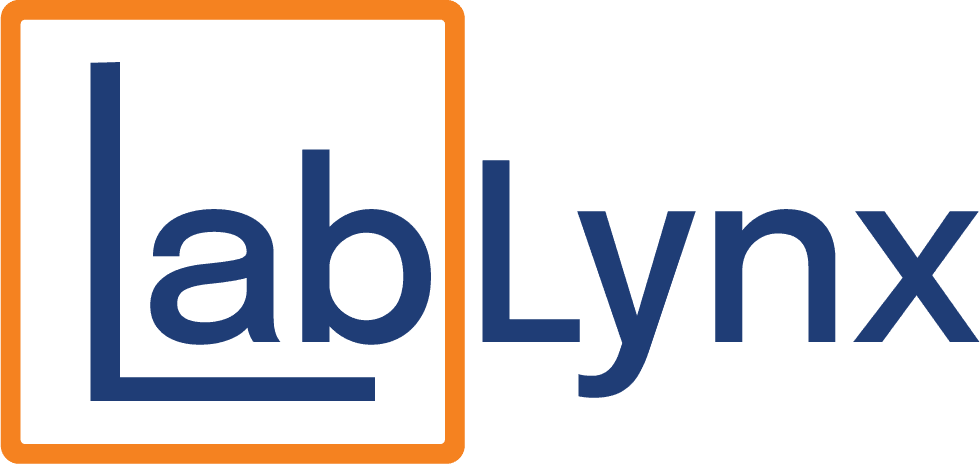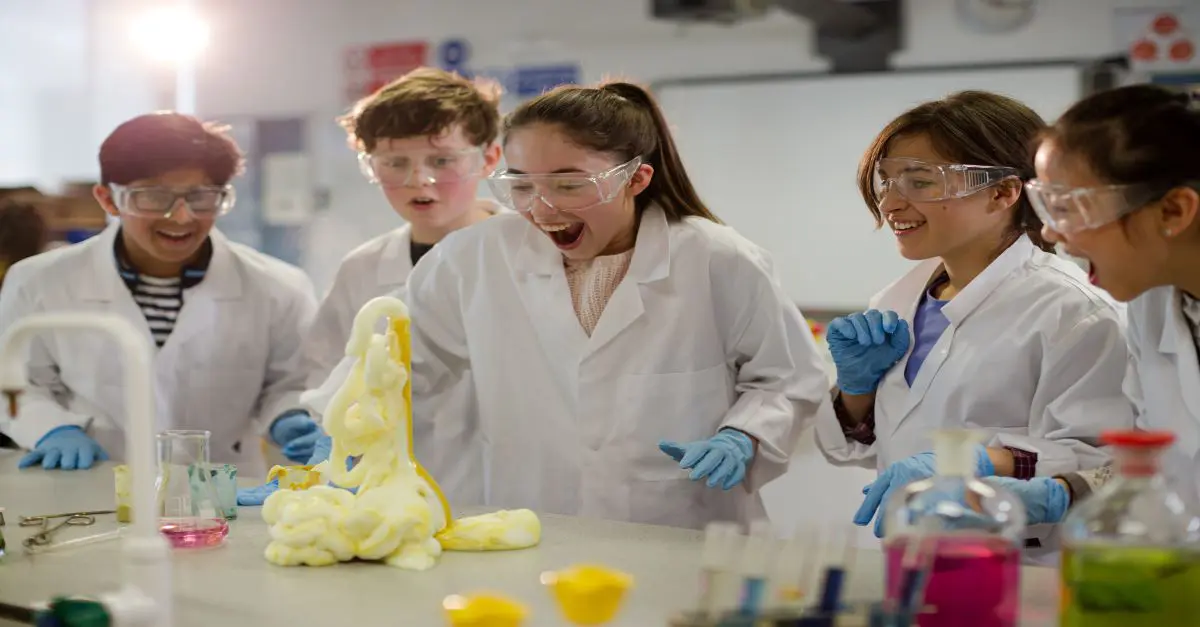
“Research is formalized curiosity. It is poking and prying with a purpose.” – Zora Neale Hurston
Students can gain hands-on experience by performing experiments in science labs rather than merely reading about them, thanks to laboratory courses in education. Laboratory learning and research allow students to observe and conduct engaging experiments rather than taking tedious notes and being disengaged from the learning material. Understanding complex theories and concepts is frequently made simpler through this hands-on learning. Students may increase their interest in the material they are learning and deepen their understanding of the sciences as a result of these hands-on learning opportunities throughout their education.
Benefits of laboratory learning
Understanding the scientific method teaches kids and young adults how to pose questions and obtain the data required to receive the most thorough response in a given situation. Students who receive a rigorous science education that includes laboratory courses can learn how to formulate concepts, explore their surroundings, and hypothesize positively.
Knowledge of science and the scientific method is insufficient according to the majority of educational ideologies. Students need the freedom to perform their own experiments, learn how to do research, and practice scientific learning via trial and error to fully appreciate science’s experimental nature. The ability to kinetically learn what is taught is also a benefit of laboratory courses, as kinetic learning can be tied to one’s learning capabilities, allowing kinesthetic learners to thrive in laboratories and other hands-on environments.[1]
Students should be treated as active learners rather than only passive recipients of knowledge in academic school labs. Laboratory courses give students a variety of learning and experimentation opportunities, which is essential for their continued intellectual growth at all academic levels. Students have the time, room, and resources to explore and experiment in science labs.
Importance of laboratories in elementary education
Science labs can be a crucial part of a child’s educational growth right from the start. Children in kindergarten through second grade are starting to understand that choices have consequences and cause and effect. Children at this age benefit most from simple experiments, but they also might require an abundance of assistance to finish them.
A child’s exploration of the world can be aided by laboratory courses that include scientific experiments that teach them about color, light, and sound. The child benefits from conducting these experiments because it allows them to be imaginative and discover solutions rather than just receiving them. Although listening to lectures and reading about science is important, it isn’t always enough to keep students interested in the subject. With experimental learning that laboratory courses provide, students may see what they’ve learned in action and gain a greater knowledge of the subject by engaging in hands-on science activities and experiments.[2]
The majority of science instruction at this level takes place in the classroom rather than in a separate lab because of the nature of primary education. At this age, students benefit immensely from constant education, and leaving the classroom to visit a lab might be upsetting. But having laboratory courses as part of their curriculum avoids that.
Laboratories in elementary education can also spark interest in viable career opportunities for young learners, such as can be found in the chemical, medical, or agricultural sciences. The impact of laboratory courses on the potential choices to be made by young learners should be considered when determining the importance of laboratories in education. If students are not able to explore a laboratory environment in an educational setting, how can they determine whether it is where they belong in a future career setting?
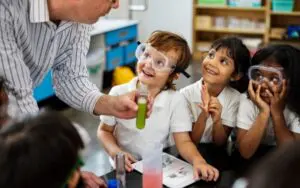
Laboratories in middle and high school
By middle school, students will be much more at ease with the idea of switching up learning environments and instructors. So, having a separate classroom as a dedicated science lab space for laboratory courses becomes much more available to these groups. Working with fellow students while conducting research promotes peer learning, interdependence, and independent learning.
Middle school students are also better able to understand more abstract ideas about how multiple processes are interconnected and how different components function in a biological or chemical system. They require less direct supervision from the teachers because they are more responsible and mature enough to handle glassware and conduct some experiments.
Students will have mastered the capacity to comprehend more complex ideas by the time they reach high school. High school students often require less time with a single concept, and training at this level relies on building upon the fundamental ideas in order to achieve a more advanced comprehension of the fundamentals of numerous sciences.
High school science is intended to provide students with a strong foundation in comprehending the natural world and to aid them in determining whether a career in science is the best choice for them. The development of the next generation of science professionals depends on the hands-on teaching they receive in the lab, so high school laboratory courses should be as interesting as possible.
Science experiments are made more enjoyable in well-designed high school laboratories, which also aid students in performing well in the classroom.
Laboratories in higher education
Higher education research facilities rely heavily on hands-on laboratory research to learn, as that hands-on experience is critical to succeeding in a future scientific career. In fact, a study published in the Journal Of Geoscience Education shows the importance of laboratories in a learning environment, indicating that hands-on practical education, such as that provided by laboratory courses, assists in retaining knowledge. [3]
In the field of scientific specialization, college students have a wealth of options. While most high schools only offer somewhat generic biology, chemistry, physics, and earth science courses, colleges can offer more highly specialized versions of these courses, which can be designed to meet the requirements of career scientific professionals. College scientists learn how to do experiments more in-depth than they did in high school in laboratory courses, where they may also find themselves conducting their own experiments for the first time.
In closing…
The career opportunities available to those comfortable in laboratory environments are beneficial and necessary to ensure generational improvement and improve understanding in scientific fields as time goes on. However, this propagation of scientific learning requires a balanced, life-long approach to laboratory learning that begins at an early age. Ultimately, laboratory courses allow students to take a hands-on approach to learning about the world around them, and those educational labs should be celebrated and enhanced to support upcoming generations in laboratory and scientific learning.
References
[1] Kinesthetic Learning Style. (2021 March 4). Houghton University. https://www.houghton.edu/current-students/center-for-student-success/academic-support-and-accessibility-services/study-advisement/general-study-information/kinesthetic-learning-style/ [2] Staff, S. (2022 June 23). Learning by Doing: The Importance of Hands-On Science Activities. Houghton Mifflin Harcourt. https://www.hmhco.com/blog/importance-of-hands-on-science-activities [3]Forcino, F. (n.d.). The Importance of a Laboratory Section on Student Learning Outcomes in a University Introductory Earth Science Course. Journal of Geoscience Education. https://files.eric.ed.gov/fulltext/EJ1126216.pdf
Accelerate Your Lab's Success & Experience LabLynx
"*" indicates required fields
Explore the LabLynx Suites
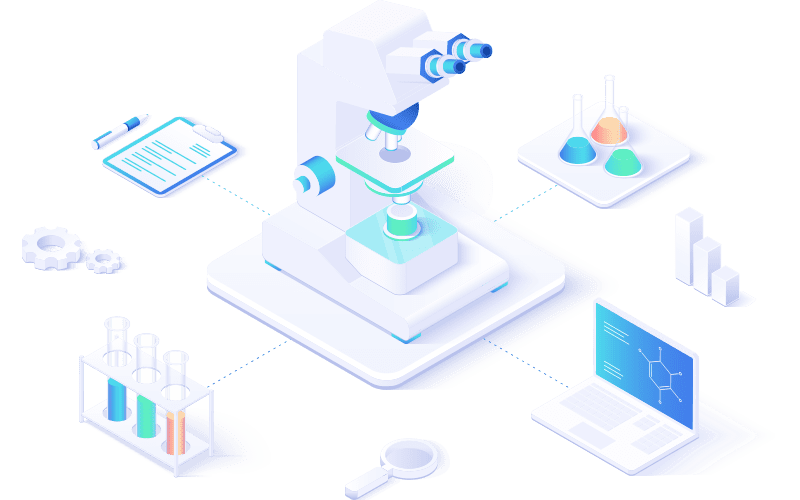
LIMS Suite
Seamless Sample and Workflow Management
The LabLynx LIMS Suite empowers laboratories with the tools needed to manage samples, workflows, compliance, and more in one centralized system. It’s the backbone for labs seeking efficient, reliable, and scalable management solutions.
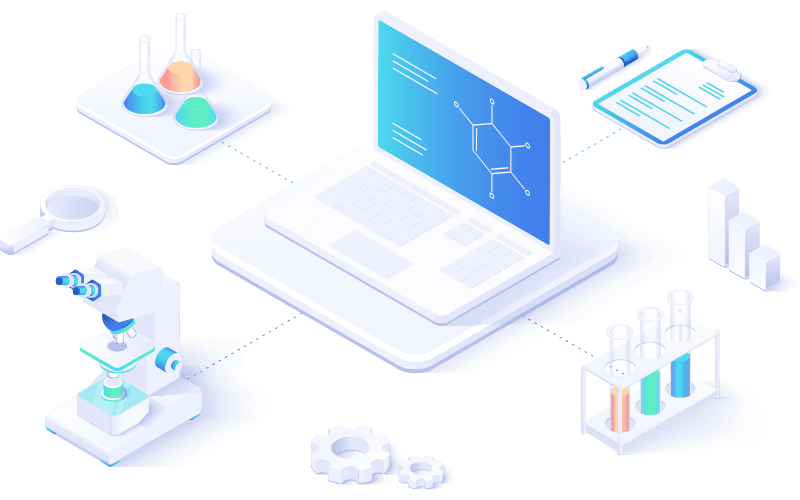
ELN Suite
The LabLynx ELN Suite offers a modern approach to managing lab data and experiments. With its secure, intuitive platform, your team can record, store, and collaborate effortlessly, supporting innovation every step of the way.
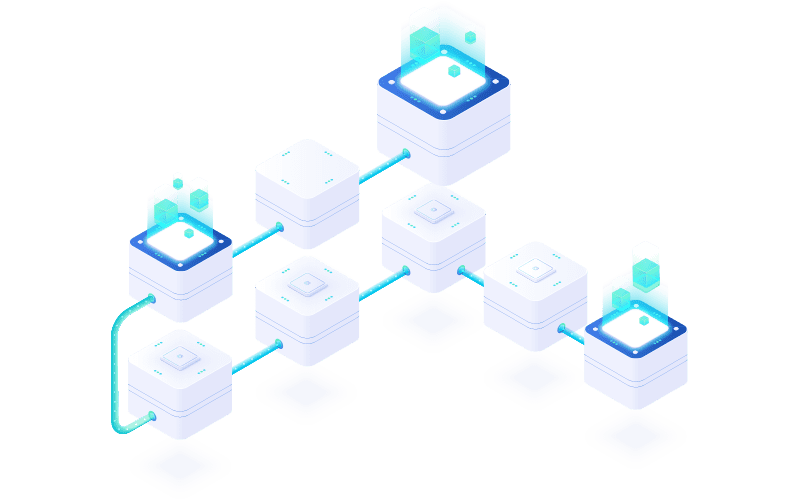
Lab Automation
Automate for Efficiency and Growth
Streamline operations and boost productivity with the LabLynx Lab Automation Suite. Designed for labs ready to embrace advanced automation, this suite integrates systems, instruments, and workflows to deliver efficiency at scale.
